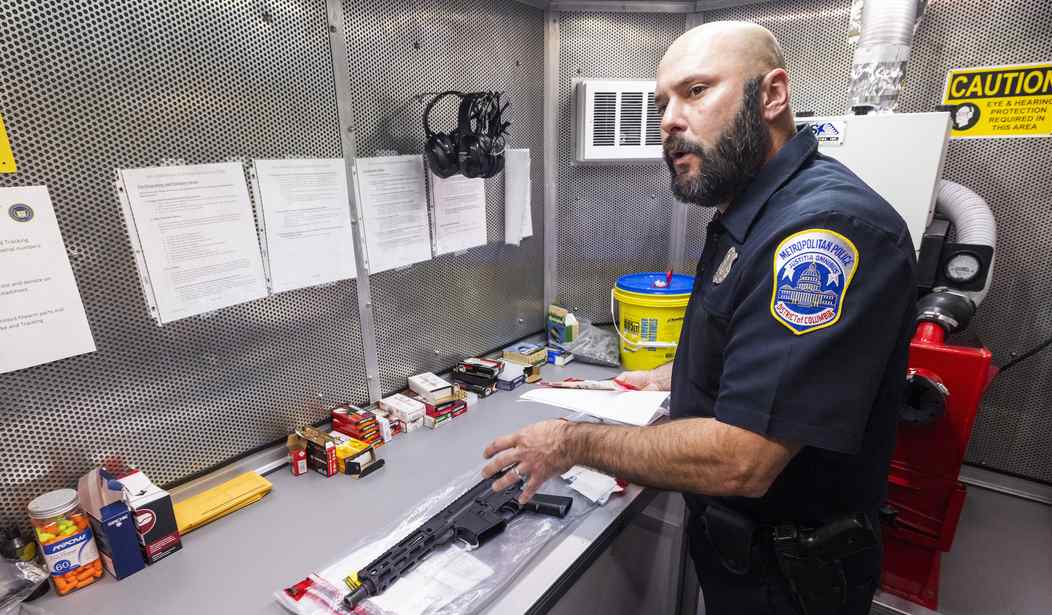When an FFL shuts down operations, they have to send all of its Form 4473s to the ATF. While they can destroy them after a period of time, far too many businesses fail before they reach that period, which means the ATF has a ton of paperwork on who bought what gun.
And they've been trying to digitize the records for a while, which is troubling for a lot of people.
After all, what does this effort really boil down to? It's a gun registry, plain and simple.
The federal government says it’s not building an illegal National gun registry—but if it looks like one, operates like one, and can be searched like one, then what is it really?
That’s the question at the heart of a heated debate about the ATF’s quiet move to digitize Form 4473 records from out-of-business gun shops. These are the forms that list your name, address, and firearm info when you buy a gun through an FFL (Federal Firearms Licensee). Normally, dealers keep these records on-site for 20 years, then they can destroy them. But now, the ATF wants them forever—and in digital format.
According to a paper by Del Schlangen at the Firearms Research Center, the ATF already has close to a billion records in its system. That’s not a typo—a billion. Many of those came from gun stores that went out of business and were forced to send in their paper files. Now, the ATF scans them and stores them digitally in Martinsburg, West Virginia.
Gun owners and lawmakers are calling this what it looks like: a de facto gun registry.
Why It Matters
Under the Firearm Owners’ Protection Act of 1986, the federal government is prohibited from creating any kind of national gun registry. But if the ATF is storing digitized records forever—records that can be searched by serial number and traced back to you—then what’s the difference?
Supporters of digitization claim it’s just about helping cops solve crimes faster. But here’s the catch: if it makes tracking down lawful gun owners easier, it makes confiscation easier too. History has shown that registration is always the first step.
Here's the one issue I have with this, though. Even without the digitization, it's still gun registration. It's just a terribly inefficient gun registration.
The existence of the Form 4473 and the record-keeping requirements for FFL dealers exist explicitly so the ATF can trace a given gun, which means they can use those same records in reverse. Sure, current law says they can't record the data at a gun store in any way, but we've seen that law be broken with zero consequences.
Those records show who bought what at so many gun stores, and when they shut down as small businesses all too often do, the ATF has those records, too.
Digitizing them just makes it more practical and efficient.
Let's also realize that gun tracing doesn't solve crimes. When people have actually looked for examples where gun tracing solved a crime, they couldn't find one. Not in the United States, nor in Canada where they have outright handgun registration.
That's because criminals aren't buying guns lawfully. That's not how they get firearms in the first place. We know that because they've told us how they get them.
Moreover, tracing only works if a gun is recovered at the scene. Most criminals don't leave them lying around after shooting someone.
But as a registry, all this works so much better.
And it's illegal.
Yet the ATF is going to keep trying to do it anyway.







Join the conversation as a VIP Member